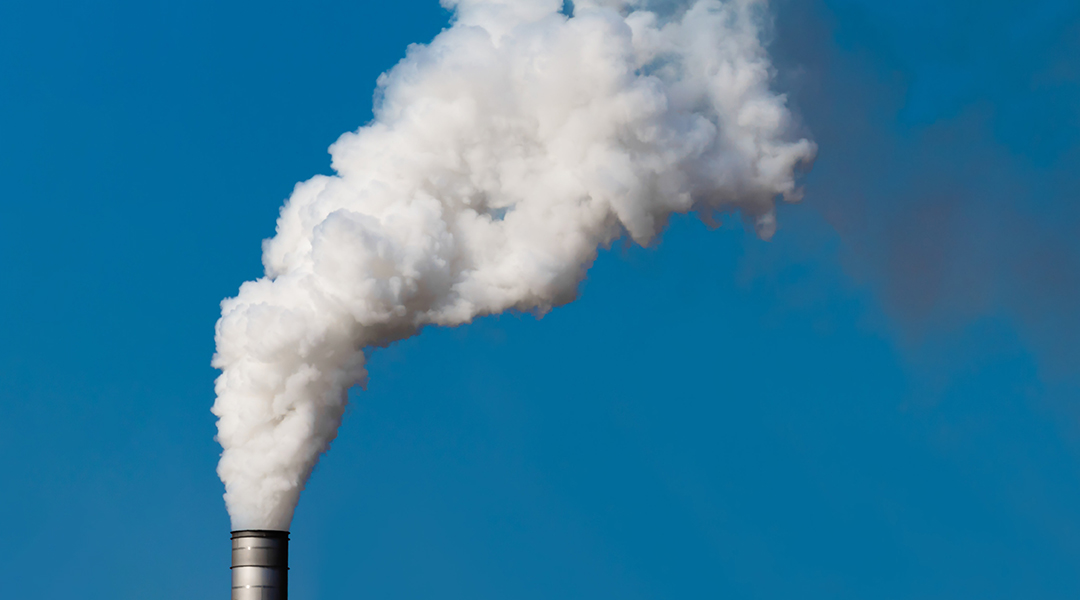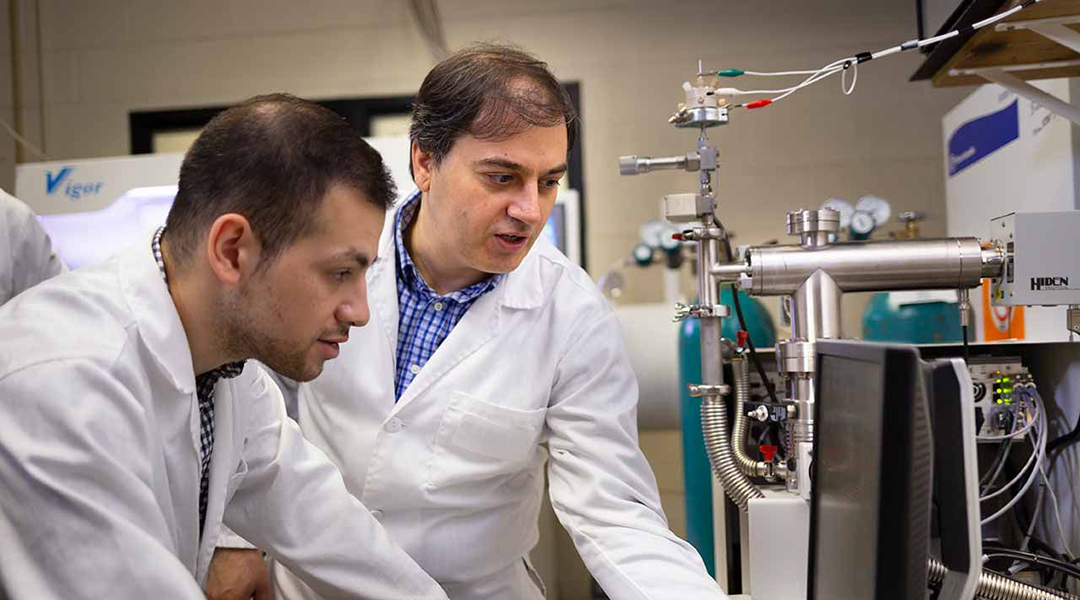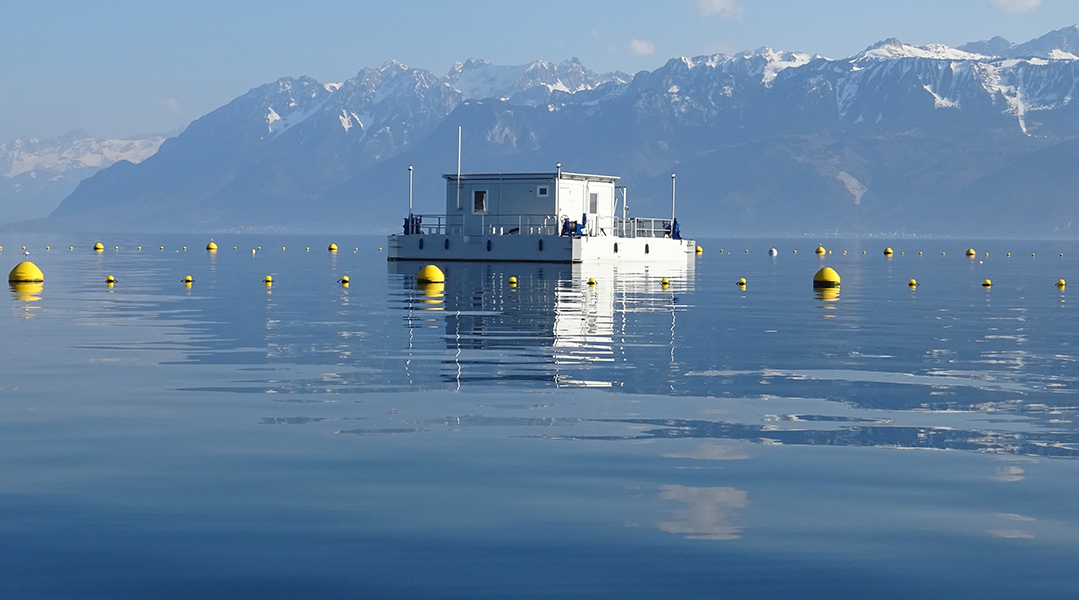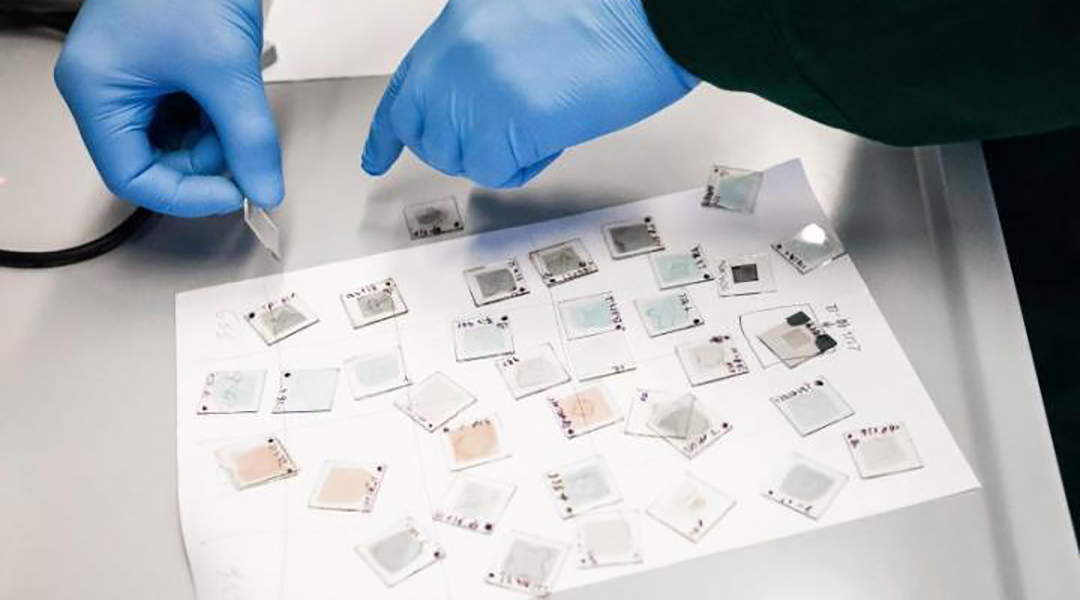Scientists have developed a polymer-coated glass that can change from transparent to opaque when exposed to sunlight and heat.


Scientists have developed a polymer-coated glass that can change from transparent to opaque when exposed to sunlight and heat.

The Anthropocene has been defined by its carbon emissions, but modern technological advancements may hold the key to breaking this habit.

An innovative advance dubbed “electro swing” may challenge the energy efficiency, capacity, and scalability of large-scale carbon capture.

New design in lithium-air battery aims to get more electric vehicles on the road.

The LéXPLORE floating laboratory in Switzerland is providing unique insights into the changing environment of Lake Geneva.

Is life bubbling under the surface of Saturn’s ocean moon?

Clean-burning synthetic fuels made from renewable ethers could replace carbon-based fuels and contribute to a cyclic carbon economy.

Nitrous oxide, better known as laughing gas, is often forgotten when considering major greenhouse gases.

A molecule-thick material is opening doors for the advancement of flexible and recyclable organic solar cells.

Can the Australian bushfires and global pandemic convince us to change our ways?